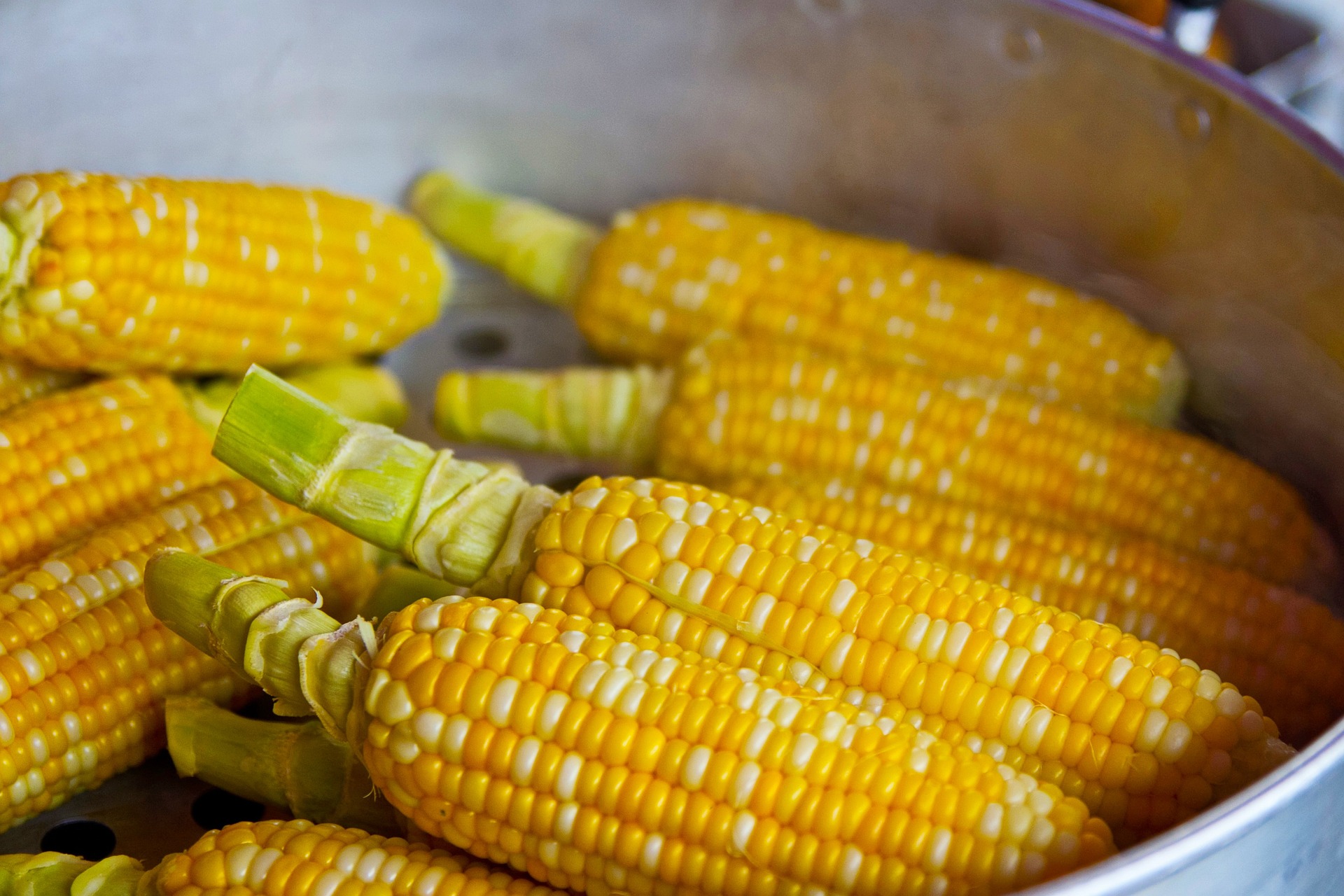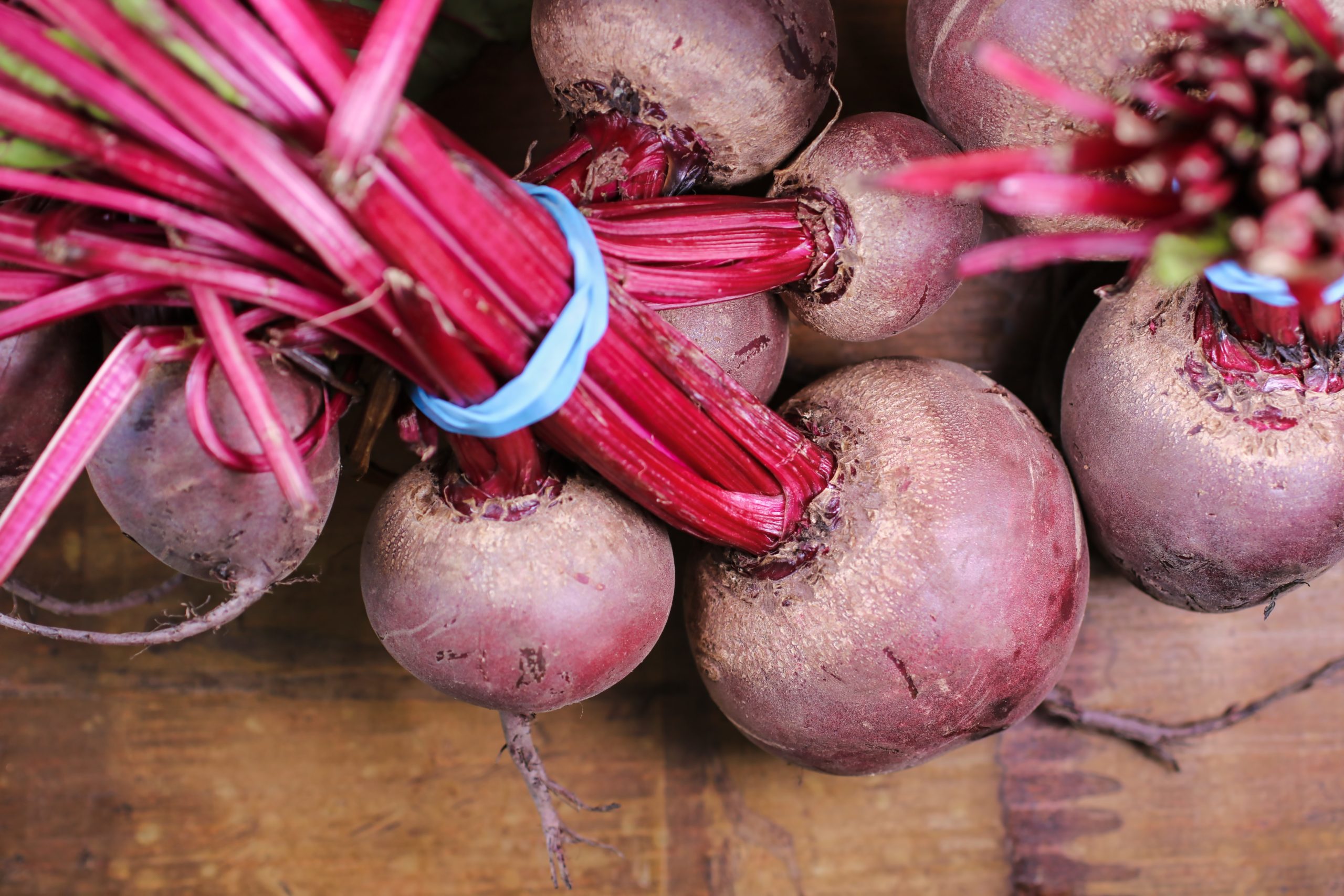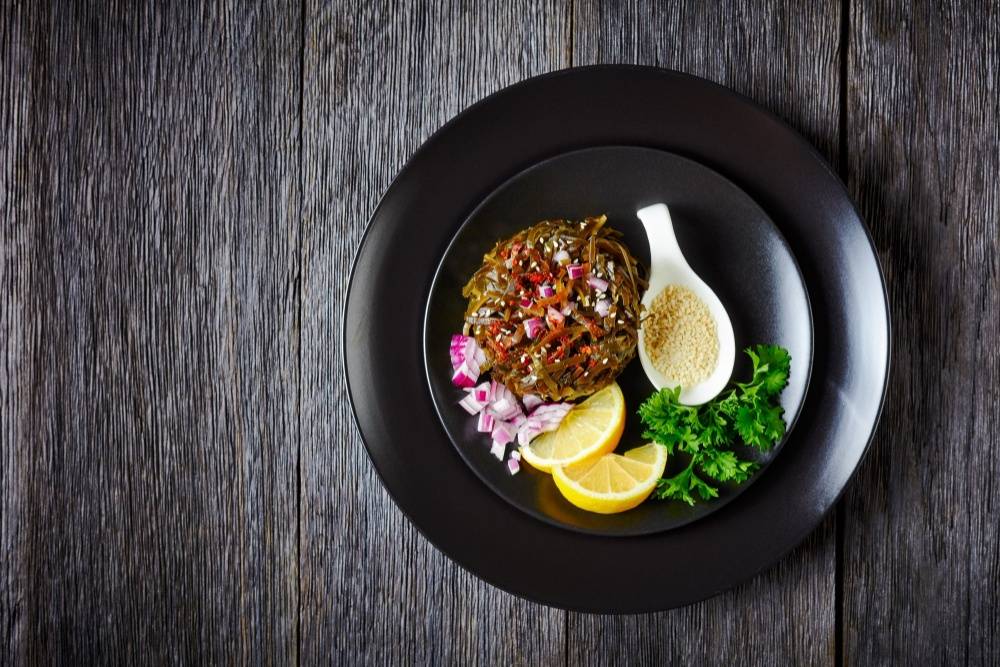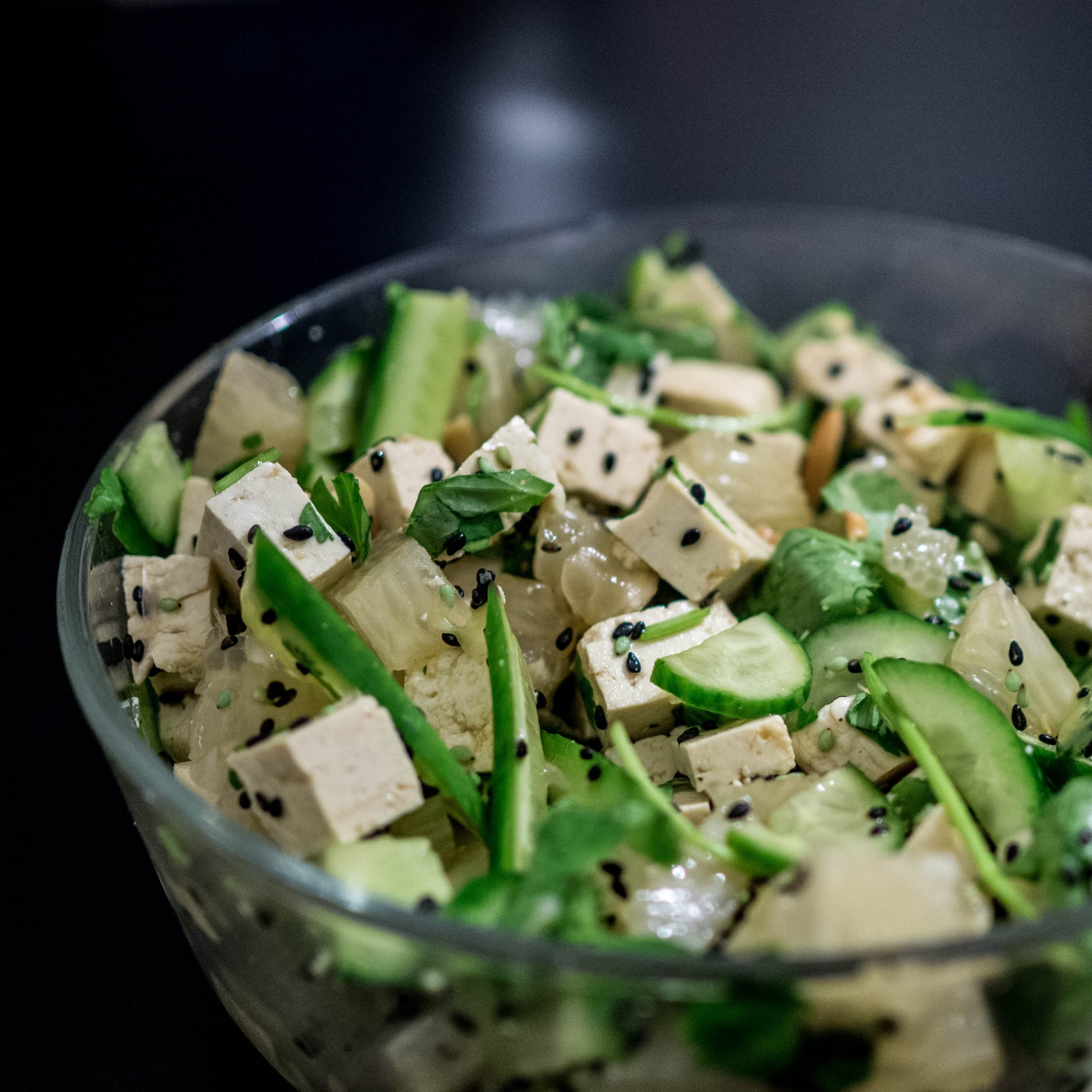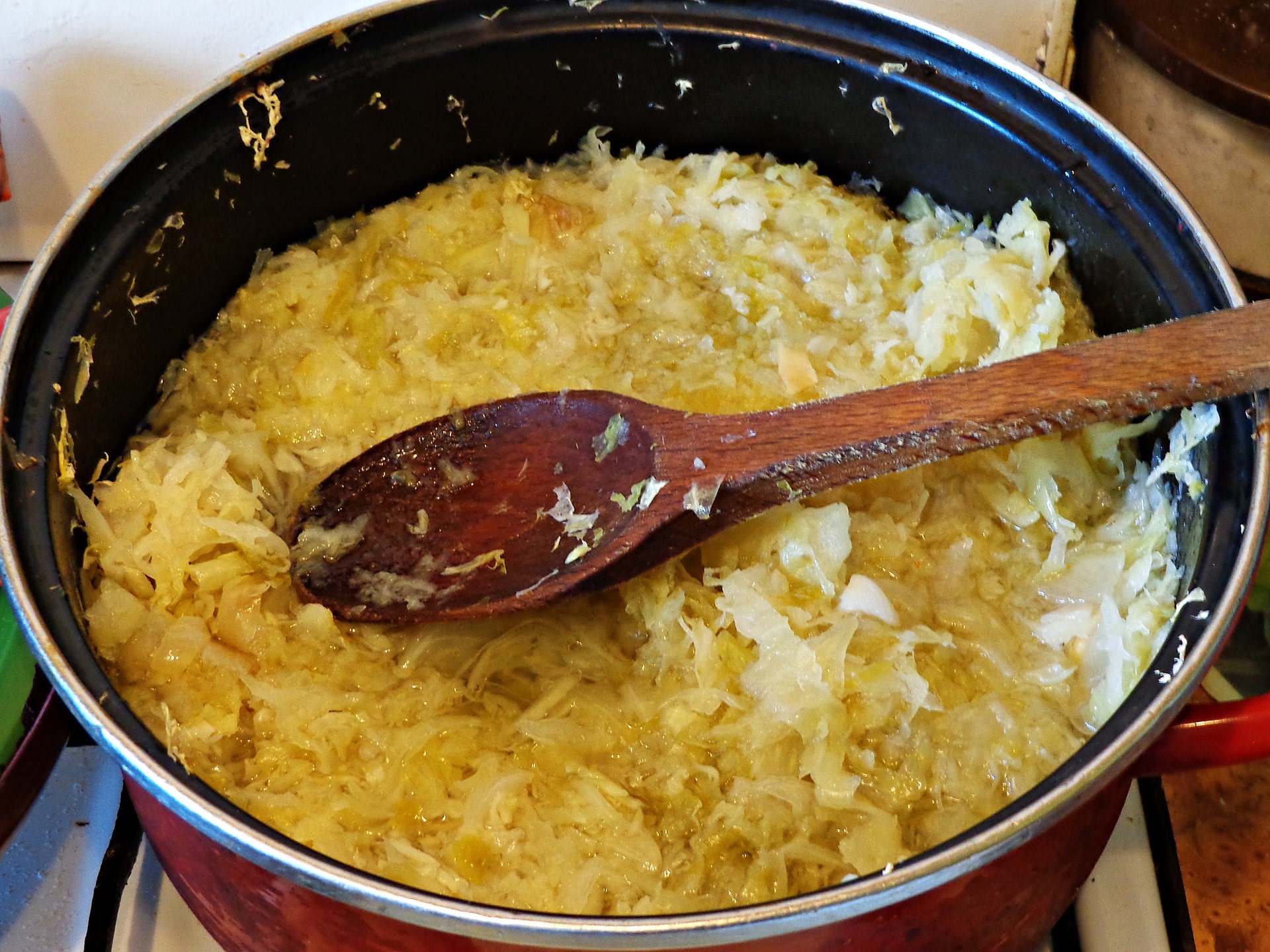Corn means the most popular cereal in the world and forms the staple food in many countries. If you are wondering where most of the tortilla chips come from, they come from a cereal grain called corn. It is a healthy grain that helps in managing diabetes and preventing chronic heart conditions. Eating corn may also help you regulate your blood pressure and lower the risk of neural-tube defects during childbirth. Like those, you can get many benefits of corn as follows.
What is Corn?
Corn, called maize, is a cereal grain that originated in southern Mexico. The kernels or seeds of corn are the most commonly consumed parts as they are abundantly nutritious. They come in depending on where corn is grown and what species or variety they happen to be. Corn is another genetic variant and it has more sugar and less starch in the nutritive material.
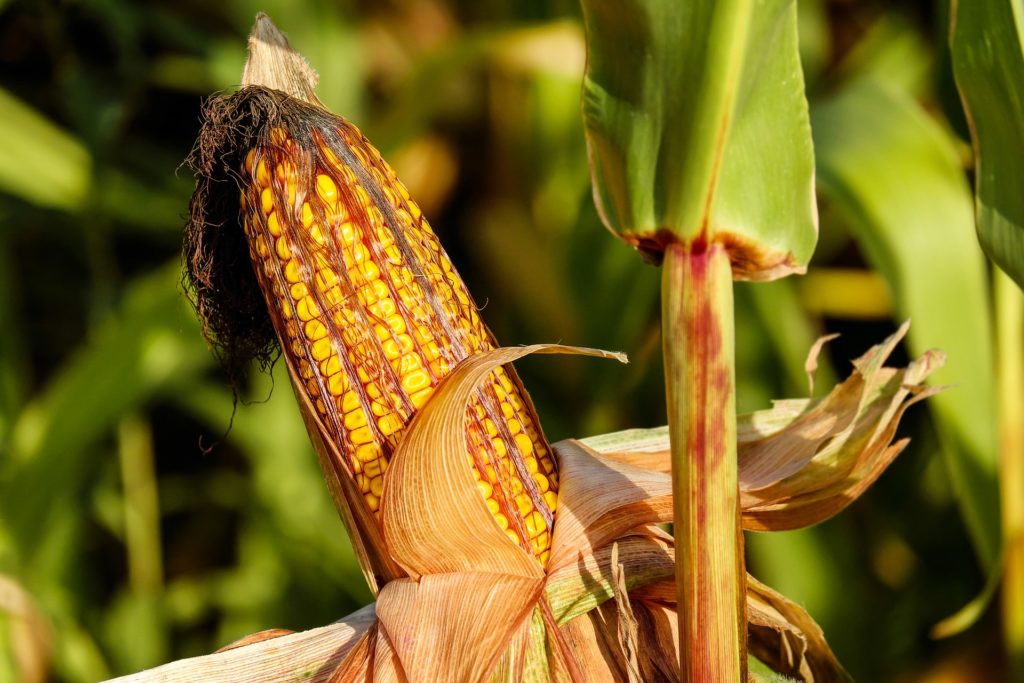
Nutrition Facts
According to the USDA National Nutrient Database, corn not only provides the necessary calories for healthy, daily metabolism but is also a rich source of vitamins A, B, E, and many minerals. Its high dietary fiber content ensures that it plays a significant role in the prevention of digestive ailments like constipation. The antioxidants present in it also act as anti-carcinogenic agents and prevent Alzheimer’s disease.
Corn Calories
The calories differ on the basis of its preparation of corn. So let’s take a look at them. In 100g of,
- yellow corn grain: 365 calories
- yellow boiled corn, with salt: 96 calories
- yellow boiled corn, without salt: 96 calories
Health Benefits of Corn
Corn gives many health benefits due to the presence of quality nutrients within. Besides being a delicious addition to any meal, it’s richness in phytochemicals provides protection against a number of chronic diseases. The well-researched and widespread health benefits are listed below.
Prevents Hemorrhoids
This aids in alleviating digestive problems such as constipation and haemorrhoids, as well as lowering the risk of colon cancer due to maize being a whole-grain. A study by Dr Arthur Schatzkin, former chief of the nutritional epidemiology branch at the US National Cancer Institute (NCI) concludes, “Total dietary fiber intake is not associated with colorectal cancer risk, whereas whole-grain consumption is associated with a modestly reduced risk.”
Dietary fiber can support bulk and soften stools, promoting regular elimination and decreasing straining. This process is done by stimulating the peristaltic motion and the production of gastric juice and bile. By adding bulk to loose stools, the chances for irritable bowel syndrome (IBS) and diarrhoea can be greatly reduced.
Promotes Growth
Corn is a vitamin B constituent, especially thiamin and niacin. Thiamin is a requirement for maintaining nerve health and cognitive function. Niacin deficiency leads to pellagra; a disease characterized by diarrhoea, dementia, and dermatitis that is commonly observed in malnourished individuals. It is also a good source of pantothenic acid, which is an essential vitamin for carbohydrate, protein, and lipid metabolism in the body.
The deficiency of folic acid in pregnant ladies can lead to the birth of underweight infants and may also result in neural tube defects in newborns. Corn provides a significant percentage of the daily folate requirement, thus preventing this condition. The kernels are also rich in vitamin E, a natural antioxidant that is essential for the growth and protection of the body from illness and diseases.
Weight Gain
Corn, especially the yellow variety, is a rich source of calories and is a staple in many places. The calorific content of sweet yellow and white corn is 96 calories per 100 grams.
Provides Essential Minerals
Corn includes abundant minerals that positively benefit the body in a number of ways, says a study conducted by Dr Phil Warman, Nova Scotia Agricultural College, Canada.
Phosphorus, along with magnesium, manganese, zinc, iron, and copper are some of the essential nutrients that are found in all varieties of corn. It also includes trace minerals like selenium, which are difficult to find in most diets. Phosphorus is essential for regulating normal growth, bone health, and optimal kidney functioning. Magnesium is essential for maintaining a normal heart rate and for increasing bone mineral density.
Protects Your Heart
Corn oil has been shown to have an anti-atherogenic effect on cholesterol levels, thus reducing the risk of various cardiovascular diseases. Corn oil, in particular, is the best way to improve heart health and this is derived from the fact that corn is close to an optimal fatty acid combination. This allows omega- 3 fatty acids to strip away the damaging LDL or bad cholesterol and replace them at the binding sites. This can reduce the chances of arteries becoming clogged, lower blood pressure, and minimize the risk of heart attack and stroke.
Consumption of corn husk oil lowers plasma LDL or bad cholesterol by reducing cholesterol absorption in the body. As mentioned earlier, this reduction in LDL cholesterol does not mean a reduction in HDL or good cholesterol, which can have beneficial effects on the body. They include the reduction of heart diseases, prevention of atherosclerosis, and general scavenging of free radicals throughout the body.
As above, there are many benefits of corn and healthy foods on our web site. You can try them through https://mealsweb.com/ and https://www.delish.com/cooking/nutrition/g585/30-healthiest-foods/

